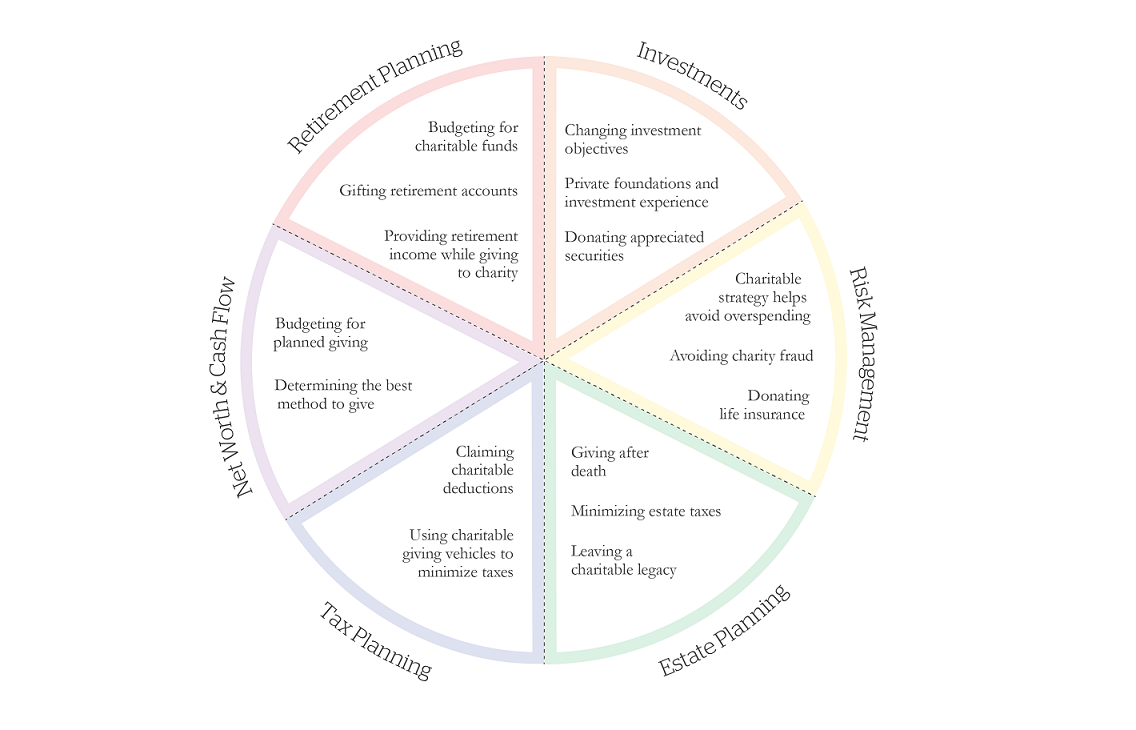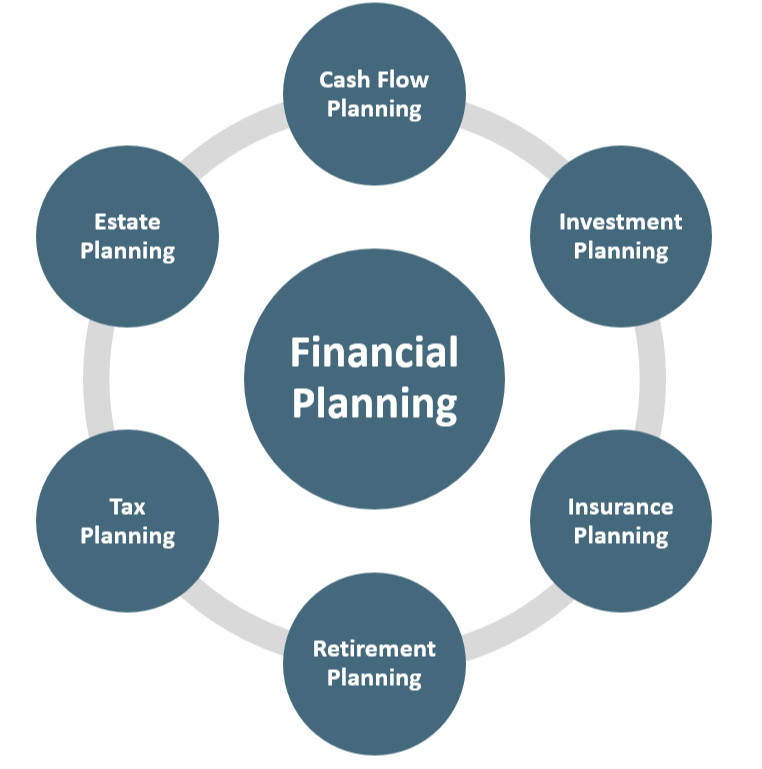Economic Trends: A Comprehensive Analysis
Economic trends play a crucial role in shaping the future of nations and industries. Understanding these trends and their impact is vital for businesses, policymakers, and individuals alike. In this article, we will explore some key economic trends and their implications.
1. Technological Advancements
One of the most significant economic trends of the 21st century is rapid technological advancements. These innovations have revolutionized industries such as manufacturing, healthcare, and communication. The integration of artificial intelligence, automation, and the Internet of Things has increased efficiency, reduced costs, and created new job opportunities.
However, technological advancements have also caused job displacement and income inequality. As jobs become automated, certain skill sets become obsolete, leading to unemployment for some individuals. Additionally, the concentration of wealth in the hands of tech giants raises concerns about economic inequality and social mobility.
2. Globalization and Trade
Globalization has transformed the world into a closely connected global village. The expansion of international trade has facilitated economic growth, increased market access, and fostered cultural exchange. However, globalization has also led to the outsourcing of jobs and the decline of domestic industries in some countries.
Trade wars and protectionist policies have further complicated the global economic landscape. Rising tariffs and trade barriers can disrupt supply chains, increase costs for businesses, and hinder economic growth. Balancing the benefits of globalization with the need to protect domestic industries poses a challenge for policymakers.
3. Climate Change and Sustainability
Climate change is not only an environmental issue but also an economic one. The increasing frequency and intensity of natural disasters, along with the depletion of natural resources, pose significant risks to economies worldwide. The need for sustainable practices and renewable energy sources has become crucial.
Investments in clean technologies and the transition to a low-carbon economy can create new employment opportunities and drive innovation. However, the transition itself may disrupt industries reliant on fossil fuels, leading to short-term economic challenges.
In conclusion, economic trends have a profound impact on societies, industries, and individuals. By understanding and adapting to these trends, we can navigate the complexities of the global economy and strive for sustainable and inclusive growth.





